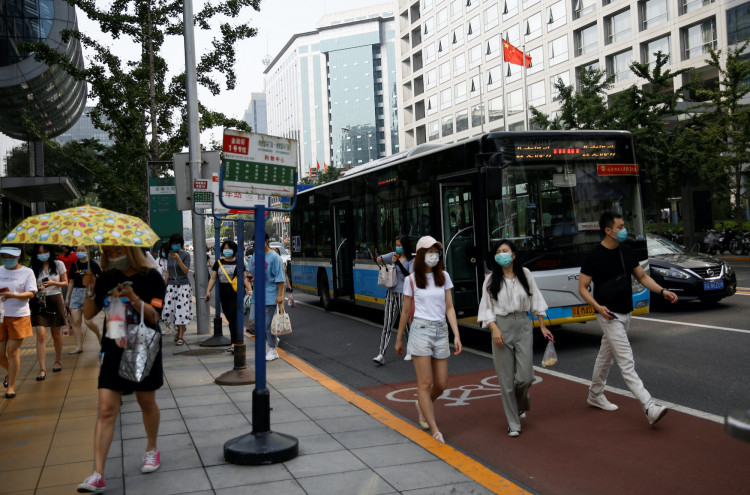China might see its economic growth cut by half over the next decade if it persists in trying to make itself both technologically independent and carbon neutral.
The assessment by credit rating agency S&P International looked at the effects of policies approved during the latest Central Committee of the Communist Party of China meeting.
S&P Global said China's aims of attaining technological self-reliance and becoming carbon neutral at the same time might wind up with its average annual gross domestic product falling to 3% over the next decade.
These twin goals are at the heart of the 2021-2025 five-year plan. President Xi Jinping last month promised to transform China into a carbon neutral country by 2060.
The latest plans see China achieving breakthroughs in core technologies by 2035. China is the world's largest user of coal and Xi's pledge was met with much skepticism worldwide owing to its economic implications.
To attain carbon neutrality China will have to cut coal use by 96% by 2050, reduce natural gas use by 75% and cut oil consumption by 65%. Reductions this large will strangle China's economic growth if not managed properly, S&P says.
Before the pandemic, China's annual economic growth ranged from 6% to 8% over the past few years. The projected 3% growth is below S&P's current base case forecast for 4.6% growth in the 2020s.
S&P said for China "the price of greater self-reliance will, almost surely, be slower economic growth." This negative outcome will be a result of the disorganization of the diverse world supply chains China depends on for economic growth.
The worst, or downside scenario envisioned by S&P resulted in a "less-than-stellar" return on higher investments into the economy. This scenario predicts a 3% dive in real gross domestic product growth between 2021 and 2030.
"A sustained decline in growth, lower than the consensus expects, may indeed be the price for self-reliance. We do not yet know if the government would be willing to pay it," S&P says.
"If China succeeds in pursuing these strategies, the global economy will undergo a fundamental realignment, starting now."





